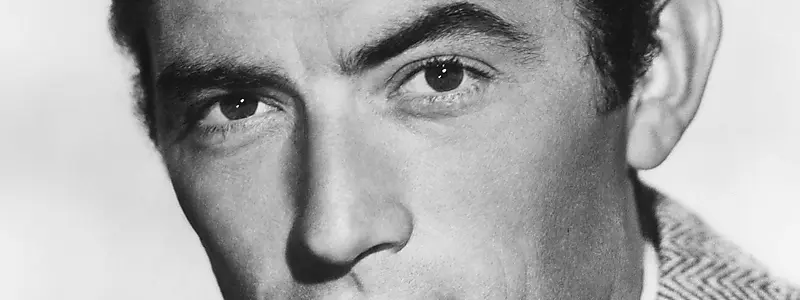If you’ve been around writers for more than five minutes — or even just hung out in bookish corners of the internet — you’ve probably stumbled into that debate: prologues. Love them? Hate them? Avoid them like they’re cursed? It’s one of those topics that never seems to die, with some authors swearing they’re essential and others insisting they’re the fastest way to make a reader bail.
A few weeks after the latest storm on X (you know the one), I figured it was time to throw my hat in the ring. And yes — this is the right take. Obviously.
So, what’s the fuss about? For anyone new to the writing world, a prologue is basically a little scene or section at the very start of a book that sets the stage. It might give you some backstory, introduce a key character, or set the tone before chapter one kicks in. The big question is: do they actually help the story, or are they just a crutch for dumping information the author couldn’t work in elsewhere?
The anti-prologue camp will tell you they’re slow, boring, and a momentum killer. And honestly? I get it. We’ve all skipped a prologue at some point because it felt like wading through wet cement.
But then there’s the pro-prologue crowd, who argue they can be the ultimate hook — a way to grab you by the collar before the “real” story even starts. And they’re not wrong. Some of the most beloved books out there have killer prologues that people still talk about decades later.
The trick, of course, is balance. A good prologue should be short, sharp, and absolutely relevant to the story that follows. It should have a clear reason to exist — not just “I thought it would be cool” — and it should leave the reader itching to turn the page.
Personally? I’m a cautious prologue reader. I’ve slogged through enough dull, unnecessary ones that I approach them with a raised eyebrow. But when I hit a good one — the kind that pulls me in and makes me forget I was even skeptical — I’m all in.
Take Tolkien’s The Lord of the Rings. That prologue is a masterclass in world-building: concise, fascinating, and just enough context to make Middle-earth feel real without drowning you in details.
Or my personal favorite: the prologue of Sanctuary, edited by Robert Asprin. It’s written as an in-world account from Hakiem the storyteller, who talks to you like you’re an old friend in a smoky tavern. Instead of dumping dry history, he feeds you gossip, half-truths, and sly asides, letting the city’s politics and dangers seep in naturally. Sanctuary itself becomes a character — gritty, corrupt, unpredictable — and every name dropped or rumor hinted feels like a promise that the real story is just around the corner.
Of course, not all prologues are winners. Some are clunky, some are gorgeous but pointless, and some are so confusing you wonder if you accidentally skipped a chapter. In the end, whether you use one or not is entirely up to you. If it genuinely serves your story, go for it. If it’s just there to unload backstory, maybe rethink it.
The debate will keep going, because that’s what writers do — we argue about everything. But one thing’s certain: when a prologue works, it doesn’t just start a story. It pulls you in and locks the door behind you.









